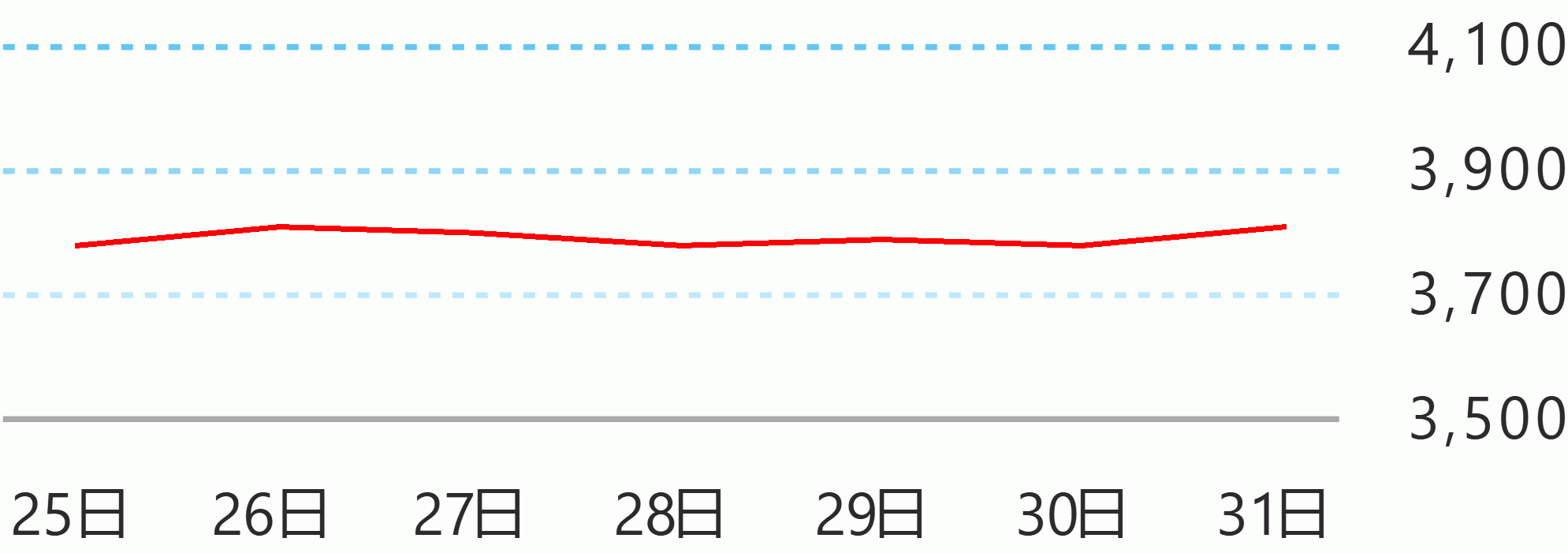The International Monetary Fund (IMF) mission team, led by IMF Mission Chief Shanaka Jayanath Peiris, presented their assessment on the Philippines and acknowledged its strong post-pandemic growth of 7.6 percent in 2022.
According to the IMF’s preliminary findings, the Philippines is expected to post a growth rate of 6 percent in 2024, driven by the expected upswing in government spending and improved demand for Philippine exports.
“We welcome the IMF’s recent assessment on the Philippines’ economic prospects. The findings, which noted the country’s strong post-pandemic economic recovery and the potential of the Maharlika Investment Fund and public-private partnerships in driving infrastructure development, provide much-needed insights into the Marcos administration’s policy roadmap,” Finance Secretary Benjamin Diokno said.
The IMF recently revised downwards its full-year 2023 growth forecast to 5.3 percent considering the deceleration of the country’s growth to 4.3 percent in the second quarter.
Nevertheless, Diokno noted that the Philippines remains to be one of the fastest growing economies in the region even with the slower growth forecast.
The Philippine government has undertaken timely measures to expedite public spending, particularly on infrastructure projects, by directing its agencies to execute their catch-up plans in order to improve economic growth. These plans are geared towards enhancing budget execution efficiency for the remainder of the year.
The IMF likewise praised the country’s renewed focus on public-private partnerships (PPP), which was further strengthened through the recently approved PPP Code to drive quality infrastructure development.
The mission team also took note of the potential of the Maharlika Investment Fund to help address infrastructure gaps and promote green investments through the adoption of best practices in strategic investment management and accountability frameworks.
Department of Finance (DOF) chief economic counselor Zeno Abenoja reiterated the government’s commitment to allocate at least 5 percent of GDP annually to infrastructure spending.
This move reflects a concerted effort to enhance the quality of spending in the midst of fiscal consolidation, while remaining supportive of growth.
The IMF also expects a reduction in the Philippines’ current account deficit from 4.5 percent of GDP in 2022 to 3.0 percent in 2023 and 2.6 percent in 2024. This is attributed to bolstered electronics and service exports as well as reduced commodity prices.
In this regard, the IMF commended the government’s first-ever Medium-Term Fiscal Framework (MTFF), acknowledging stronger revenue performance and lower current expenditures.
The pace of the country’s fiscal consolidation was also deemed to be appropriate to bring the national government debt-to-GDP below 60 percent in the medium term.
“The DOF agrees with the IMF’s recommendation for a more ambitious revenue mobilization strategy to generate additional resources that can be utilized for social spending,” Diokno commented.
This will help in attaining the government’s goals to reduce poverty and enhance the country’s response to natural disasters, while remaining faithful to the path of fiscal consolidation.
Expenditure reforms, such as the Budget Modernization Bill, were deemed imperative.
The IMF recommended implementing these reforms in conjunction with ongoing initiatives to enhance the oversight functions of government-owned and controlled corporations (GOCCs).
Reforming the mining fiscal regime was seen to bring about a more progressive tax system and competitive investment environment.
Other recommendations made by the IMF included structural reforms to reduce poverty and address inequality, along with efforts to improve the ease of doing business, among others.
Diokno expressed his gratitude to the IMF mission team for their valuable insights and recommendations towards helping the Philippines achieve sustainable development and economic stability.
Under Article IV of its Articles of Agreement, the IMF conducts annual monitoring visits to member countries and submits a report to the Executive Board for discussion. The Board’s views on the report are then provided to the country’s authorities, which concludes the process known as an Article IV Consultation.
Missions or official country visits by the IMF staff are undertaken to discuss the country’s economic and financial developments and policies. These missions enable the IMF to give timely and targeted policy advice to member countries.
The Article IV Mission to the Philippines was conducted from September 21 to October 3. DOF Communications Group





 English
English










